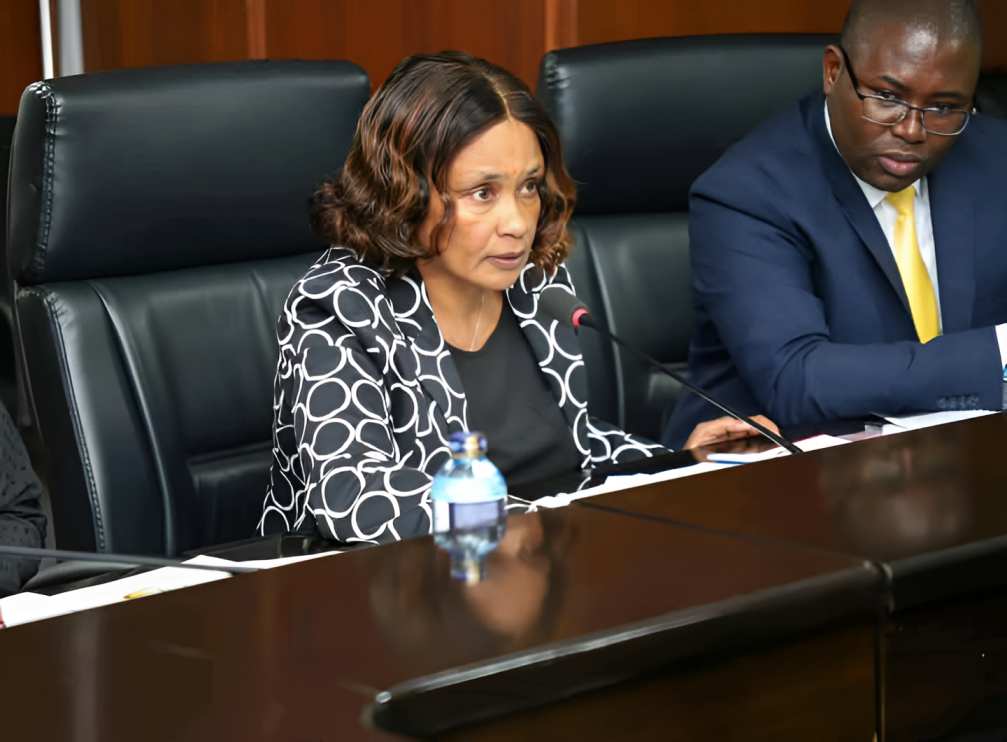TSC promotion guidelines give edge to senior teachers

The Teachers Service Commission (TSC) has released new promotion guidelines for the 2025/26 cycle that put seniority, age and professional contributions at the centre of advancement, a framework expected to benefit tutors who have remained in the same job group for years.
According to the guidelines, teachers aged 57 years and above stand to gain the most, with the scoring system designed to reward long service and experience.
“To promote consistency, fairness and transparency, the commission has developed 32 grade-specific scoring guides, which shall be used in the 2025/26 financial year promotion cycle,” reads the guidelines.
Earlier this month, TSC announced 24,000 promotional slots across different grades. Under the new system, a 57-year-old teacher who has been in the same job group for seven years secures most of the available points, placing them in a strong position for promotion.
By contrast, teachers aged 41 and below will earn only 10 marks in the age category, while those aged 57 will receive 50.
“The commission shall use a standardised scoring guide for fair and merit-based evaluation, considering academic qualifications, acting capacity, length of stay in grade, TPAD ratings and seniority/experience,” the scoring sheet reads.
The framework places heavy weight on professional experience and added responsibilities.
Teachers who have served as examiners with the Kenya National Examinations Council (KNEC), trainers under the Competency Based Curriculum (CBC) or Teacher Induction Mentorship and Coaching (Timec), and contributors to the Kenya Institute of Curriculum Development (KICD) or Cemastea will earn special marks.
Academic qualifications, however, play a smaller role. Doctorate holders will receive five marks, while master’s and bachelor’s degree holders will earn less.
Classroom delivery and professional standards, measured through the Teacher Performance Appraisal and Development (TPAD) tool, will account for up to 10 marks, with tutors averaging 81 per cent and above over three years scoring the maximum.
The single largest factor in the scoring system is length of stay in a grade.
A teacher who has remained in the same job group for three years earns 10 marks, with the points increasing for longer service.
For higher-level positions such as Chief Principal (Grade D5/T-Scale 15), the guidelines set out a standardised scoring system applying to senior principals, principals, deputy principals, headteachers and senior lecturers.
TSC has defended the changes, saying they are grounded in constitutional principles of fairness, transparency and meritocracy.
The Commission has also encouraged teachers living with disabilities to apply, affirming that affirmative action will be applied.
Education analysts, however, have raised concern that younger teachers may face hurdles under the new rules despite their academic qualifications.
During the State Concert for winners of music festivals last week, President William Ruto assured tutors engaged in arts, drama, sports and music that they would benefit from 850 promotional slots.
